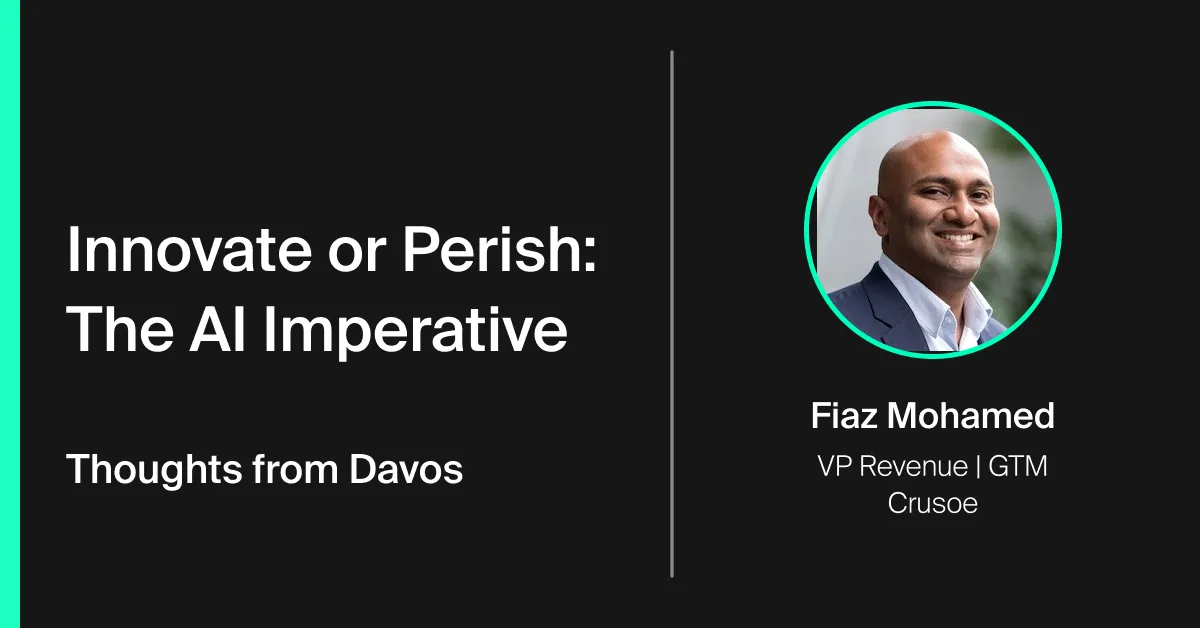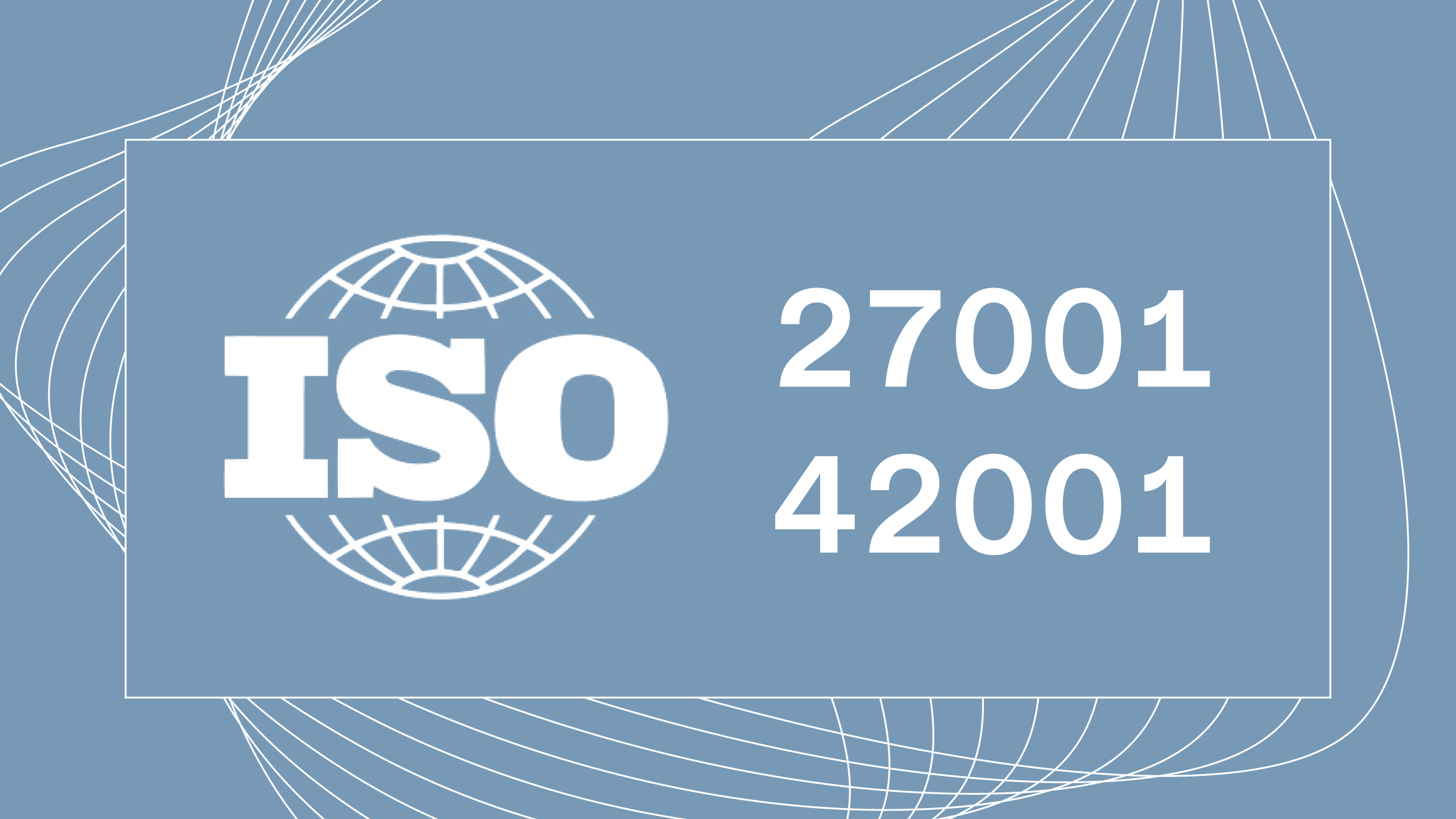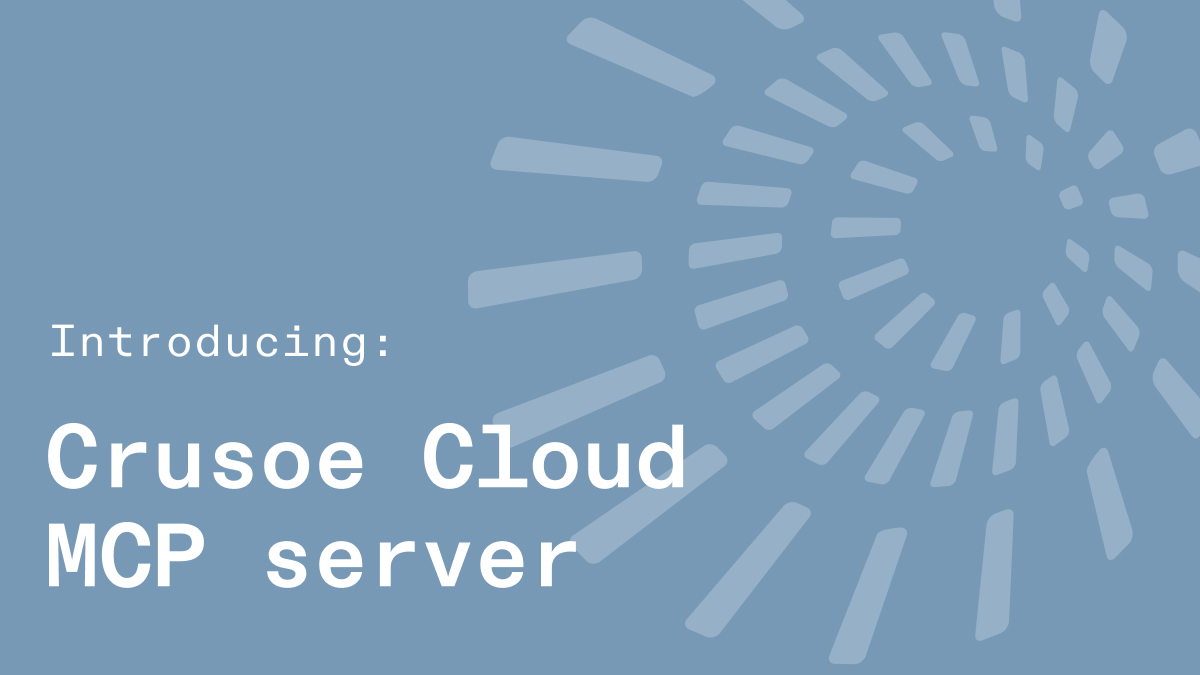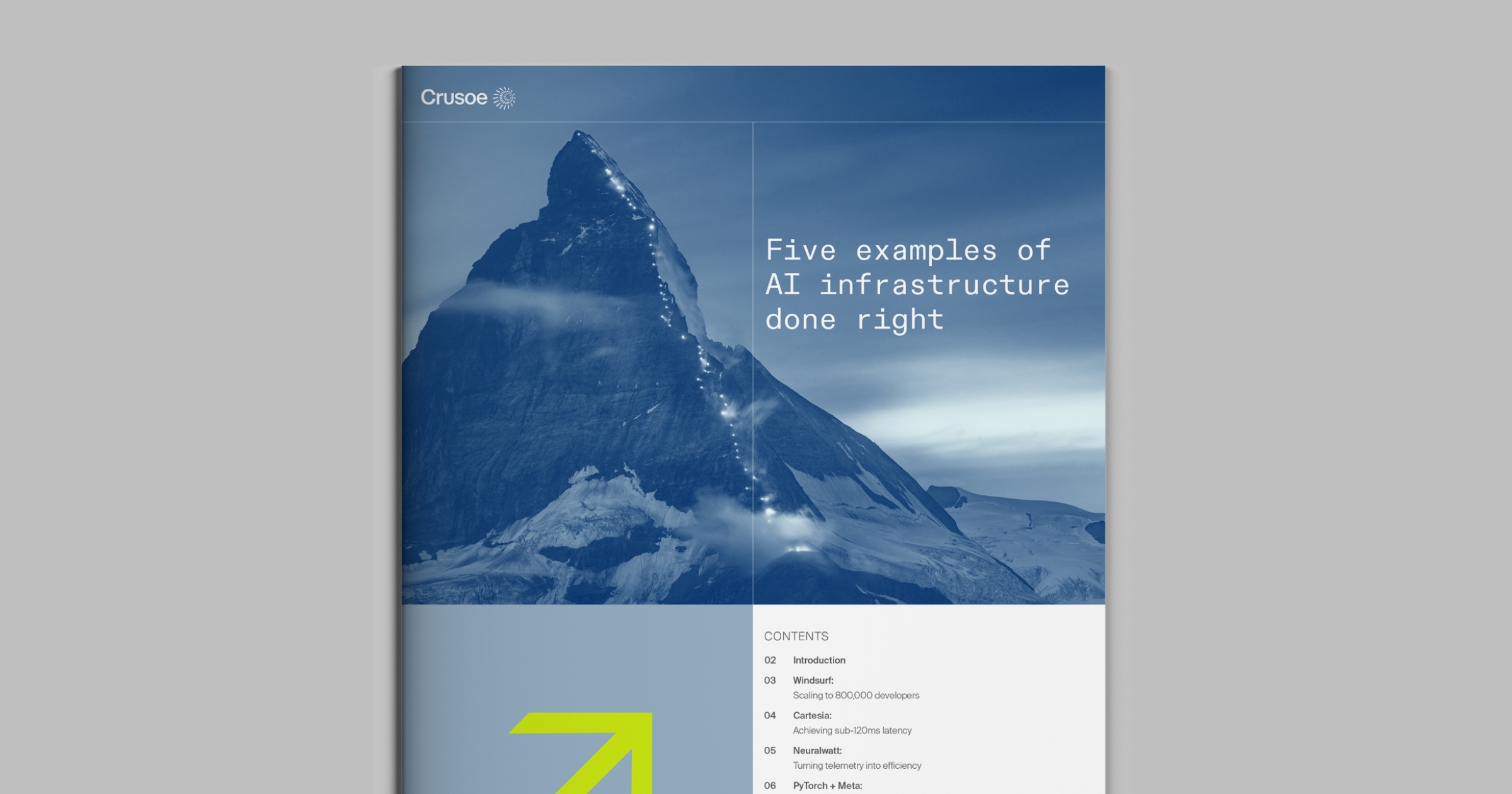Innovate or perish: the AI imperative
Thoughts from Davos

AI once again dominated the conversation at this year's World Economic Forum in Davos, but with a notable shift in tone. Last year, many companies were frankly uncertain about where to deploy AI, beyond chatbots and basic automation. This year, business leaders discussed how they are moving beyond the experimental phase and implementing AI solutions that deliver tangible business value. The atmosphere was electric with possibility – but also charged with anxiety.
What struck me most in my conversations in Davos was the sense of urgency from executives. Their concerns weren't just about AI adoption. They were about competitive survival. The question that keeps them up at night isn't "Should we implement AI?" but rather "Are our competitors implementing AI faster and better than we are?"
This competitive anxiety reminds me of another pivotal moment in business history. In the late 1990s and early 2000s, as companies grappled with the internet's transformative power, similar conversations were taking place in boardrooms worldwide. The Netflix-Blockbuster story serves as a powerful cautionary tale from this previous transformation. Netflix didn't just digitize video rentals – they fundamentally reimagined how people consume entertainment. Meanwhile, Blockbuster, despite its market dominance, focused on making the in-store rental experience more appealing, such as adding popcorn at their checkout. They didn’t recognize how streaming would fundamentally alter consumer behavior, and didn’t rethink their entire business model from the ground up.
Today's executives are facing a similar inflection point with AI. The CEOs and CIOs I speak with understand that AI isn't just another technology tool – it's a paradigm shift that will create a new set of winners and losers. The stakes are arguably even higher than during the internet revolution, as AI has the potential to transform not just how we interact with customers, but how we make decisions, innovate, and operate.
The good news is that we're seeing remarkable examples of AI's transformative power across industries. In Davos, I heard firsthand accounts of AI deployments that are already delivering significant business value:
In consumer goods, subscription-based businesses are using AI to revolutionize customer retention. By analyzing vast amounts of behavioral data, these systems can predict potential customer churn with remarkable accuracy, allowing customer success teams to intervene proactively and preserve valuable relationships.
Healthcare organizations are deploying AI to tackle multiple challenges simultaneously – from improving diagnostic accuracy to reducing the administrative burden on medical staff. This dual impact on both clinical outcomes and operational efficiency is particularly powerful in an industry struggling with burnout and resource constraints.
The pharmaceutical industry is perhaps seeing some of the most exciting developments, with AI accelerating drug discovery and development processes that historically took decades. This isn't just about efficiency – it's about bringing life-saving treatments to patients faster.
In the entertainment sector, AI is pushing the boundaries of creative possibilities. And in transportation, the dream of autonomous vehicles is gradually becoming reality, with several companies making significant strides toward full autonomy.
The future belongs to organizations like these that are embracing this transformative moment. The question isn't whether AI will reshape your industry, but whether you'll be leading that transformation or playing catch-up. The anxiety I witnessed from executives in Davos is well-founded, but it should serve as a catalyst for action rather than paralysis.
The message is clear: The race for AI-driven transformation is on, and the winners will be those who balance the need to move fast with AI’s ability to reshape their business for the better.
Crusoe is proud to partner with global enterprises to accelerate their adoption of AI.



